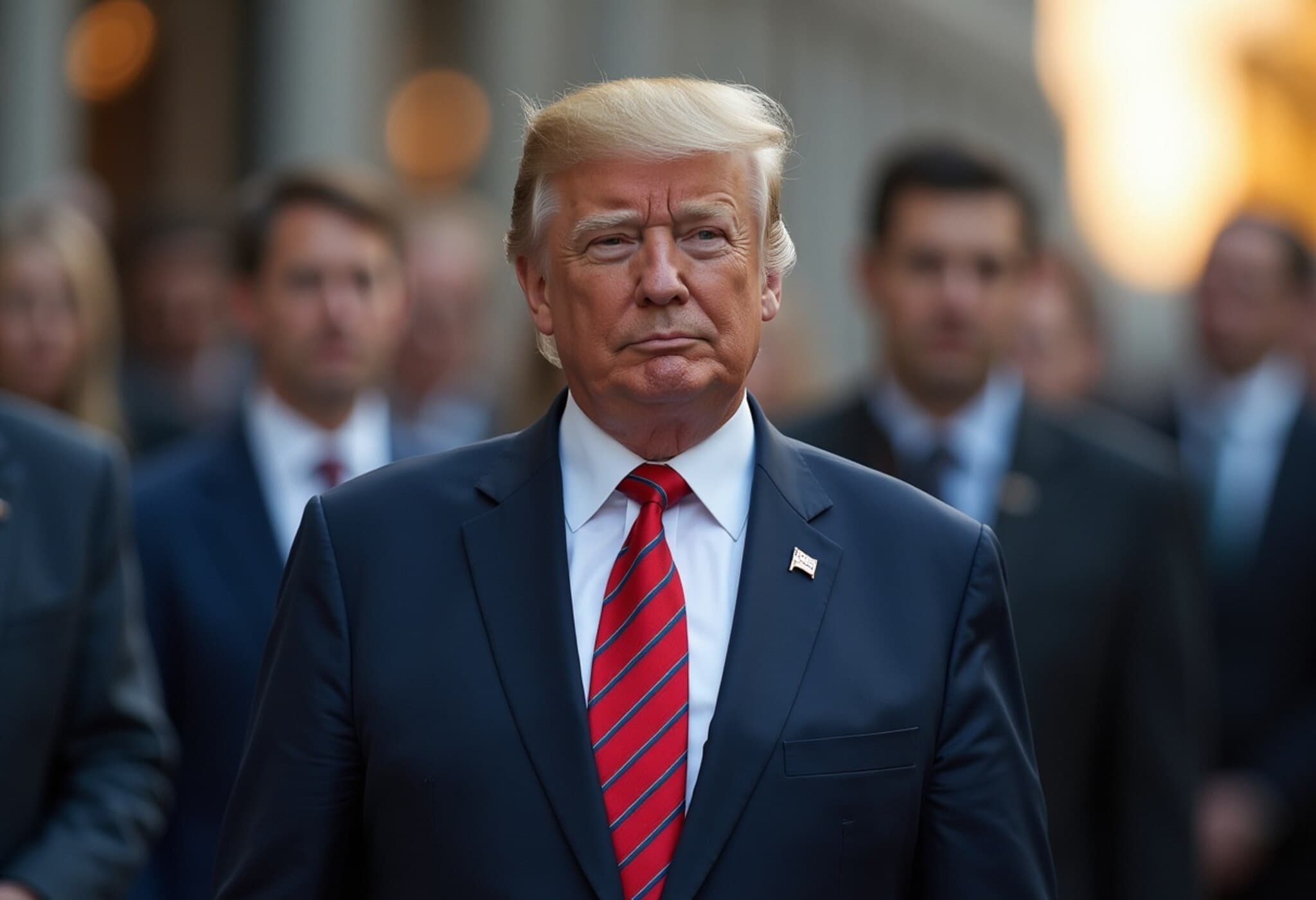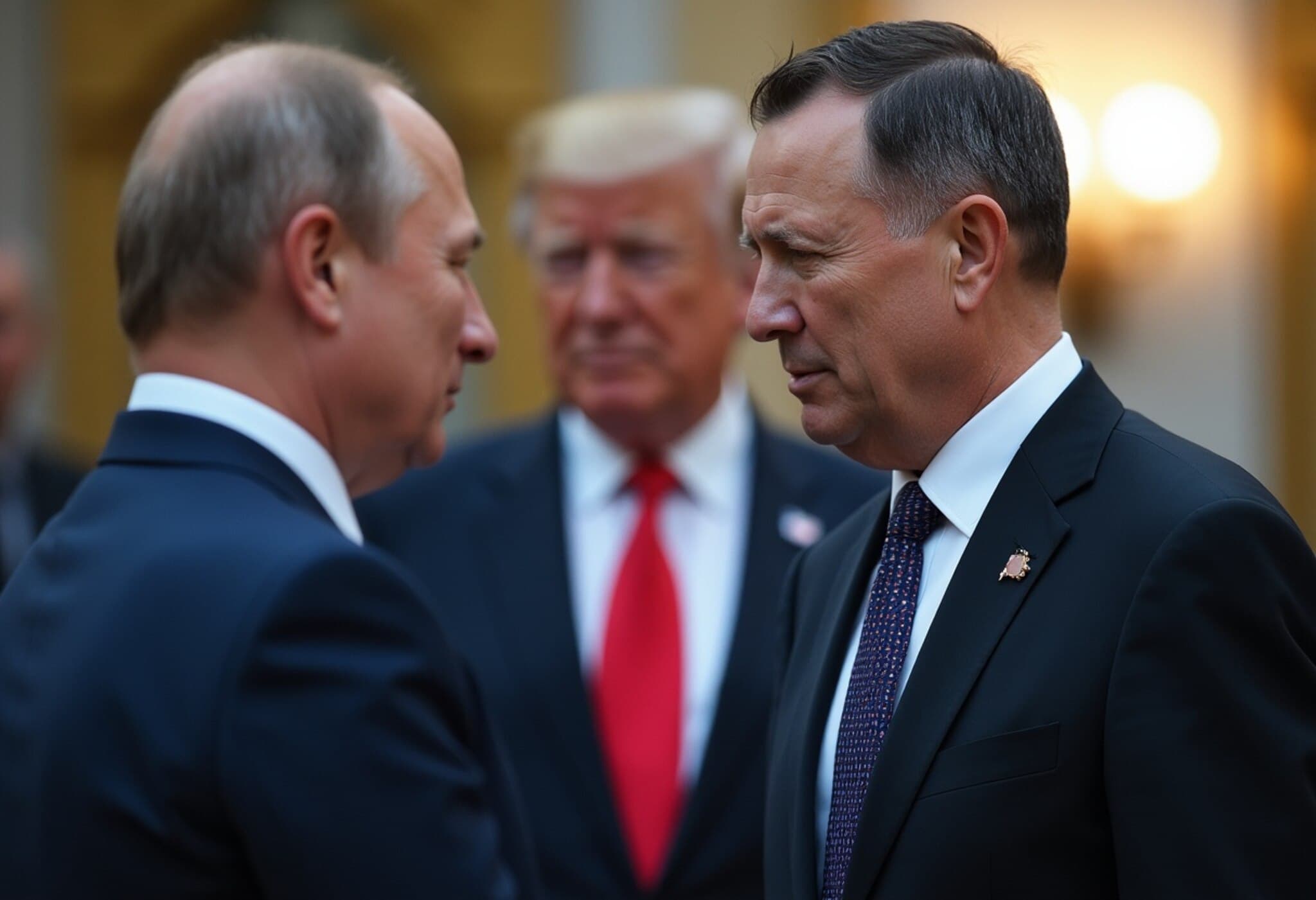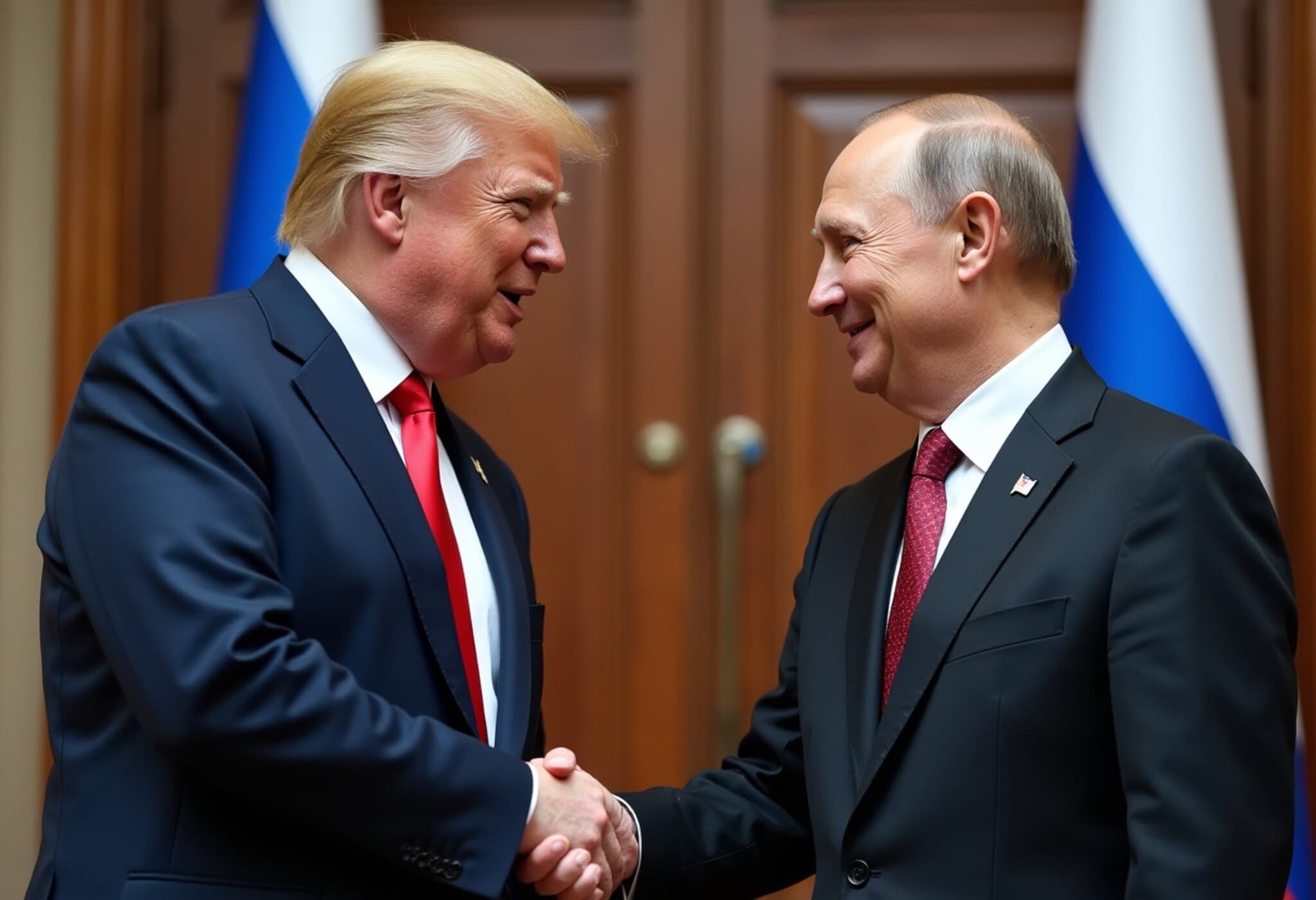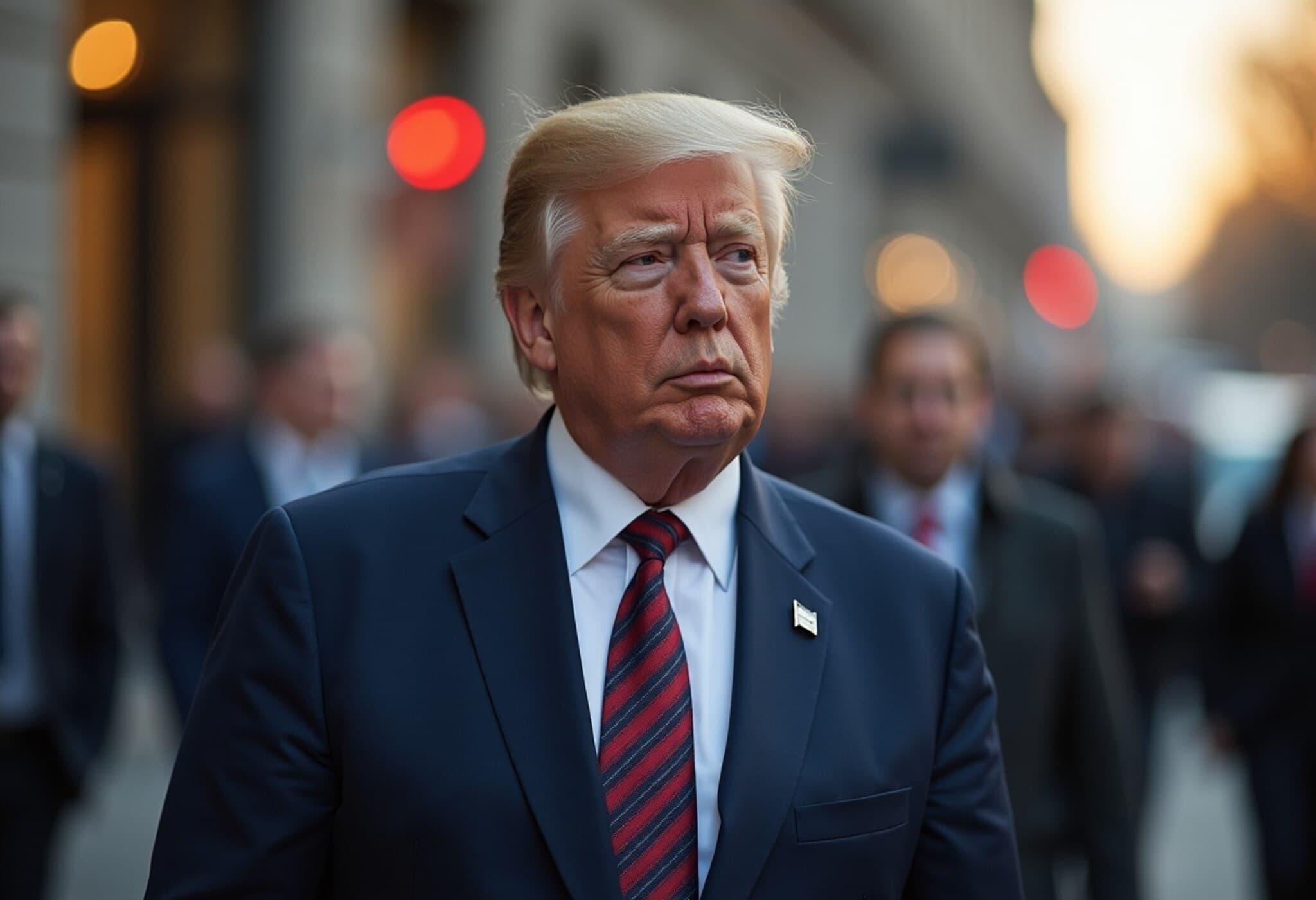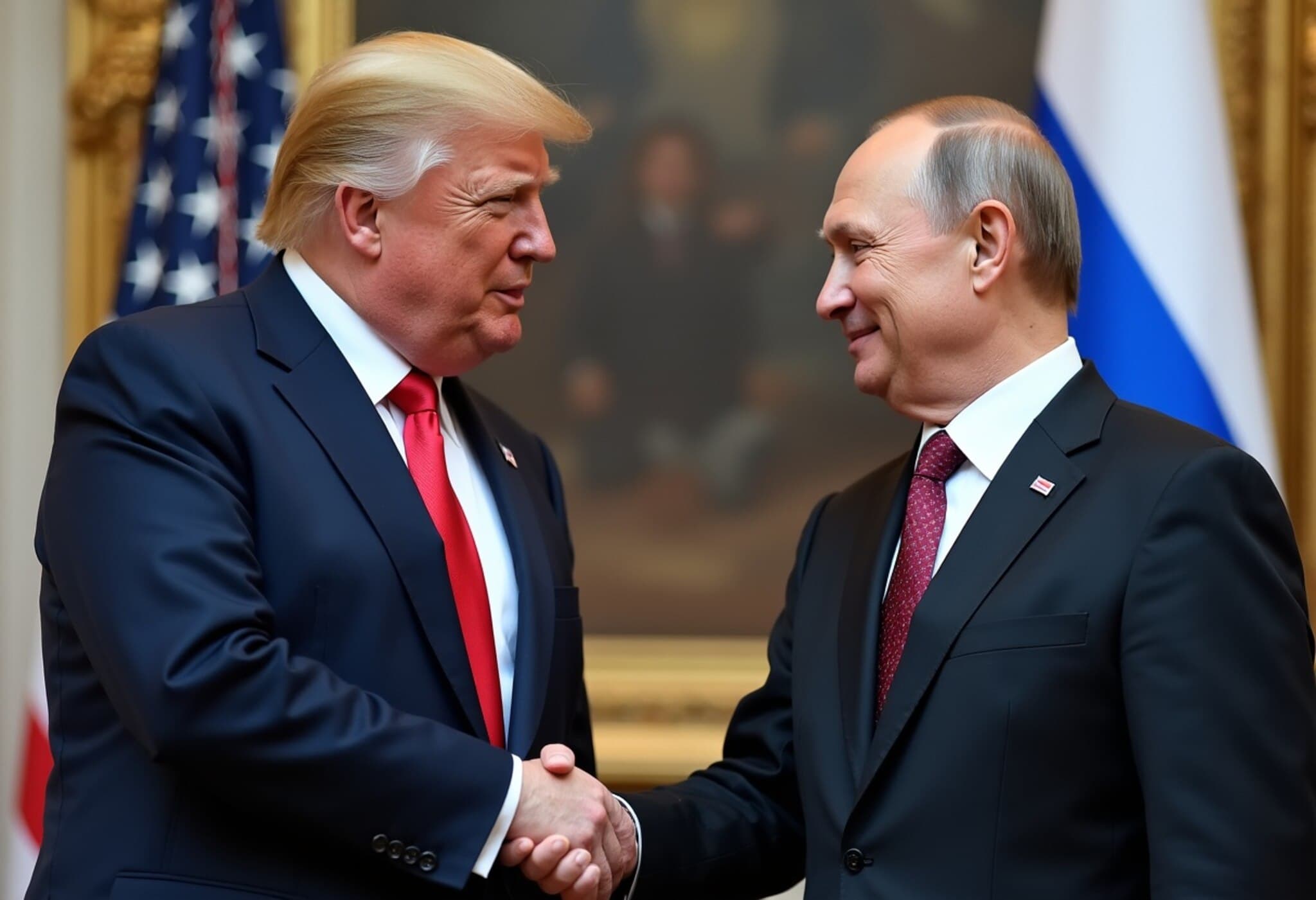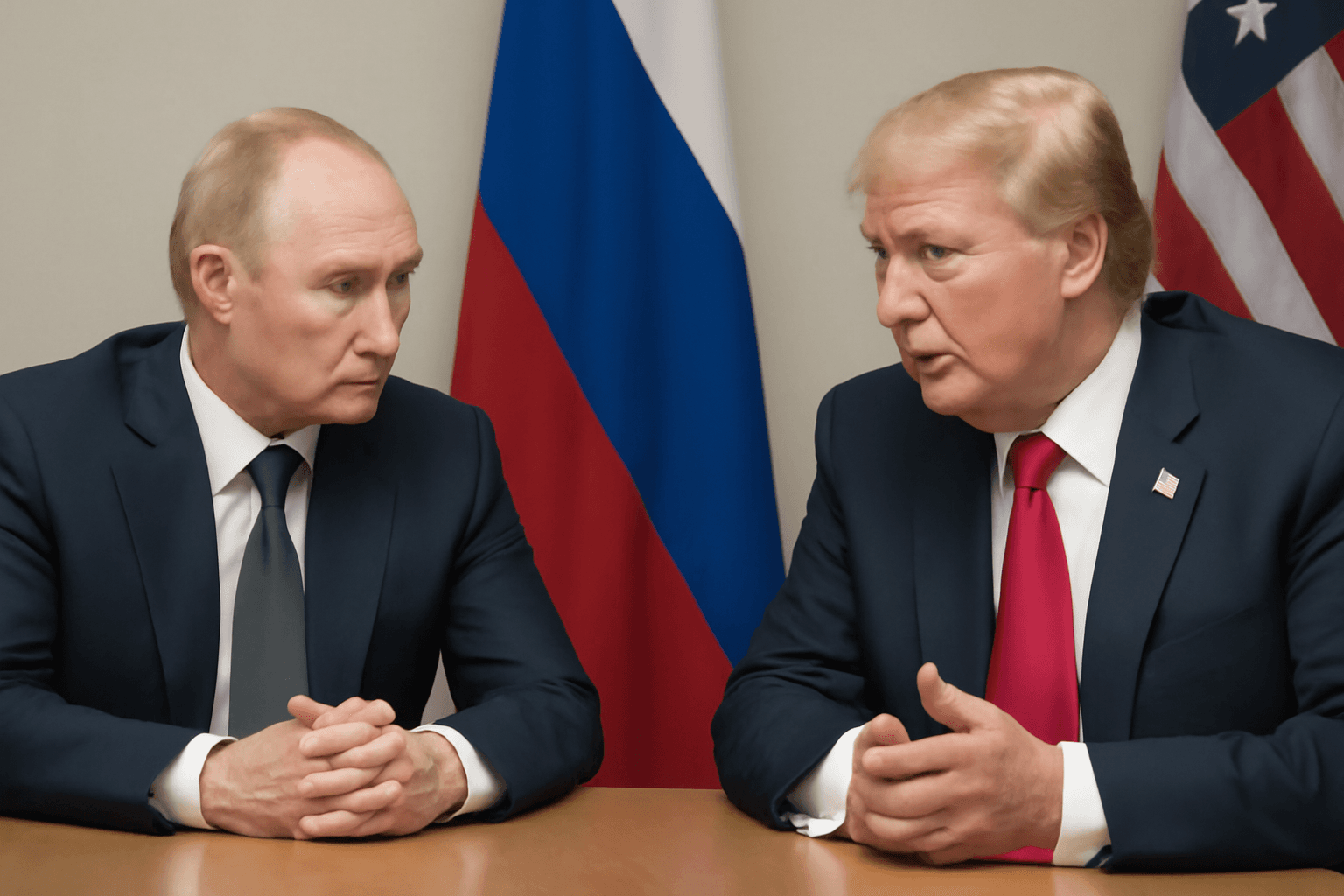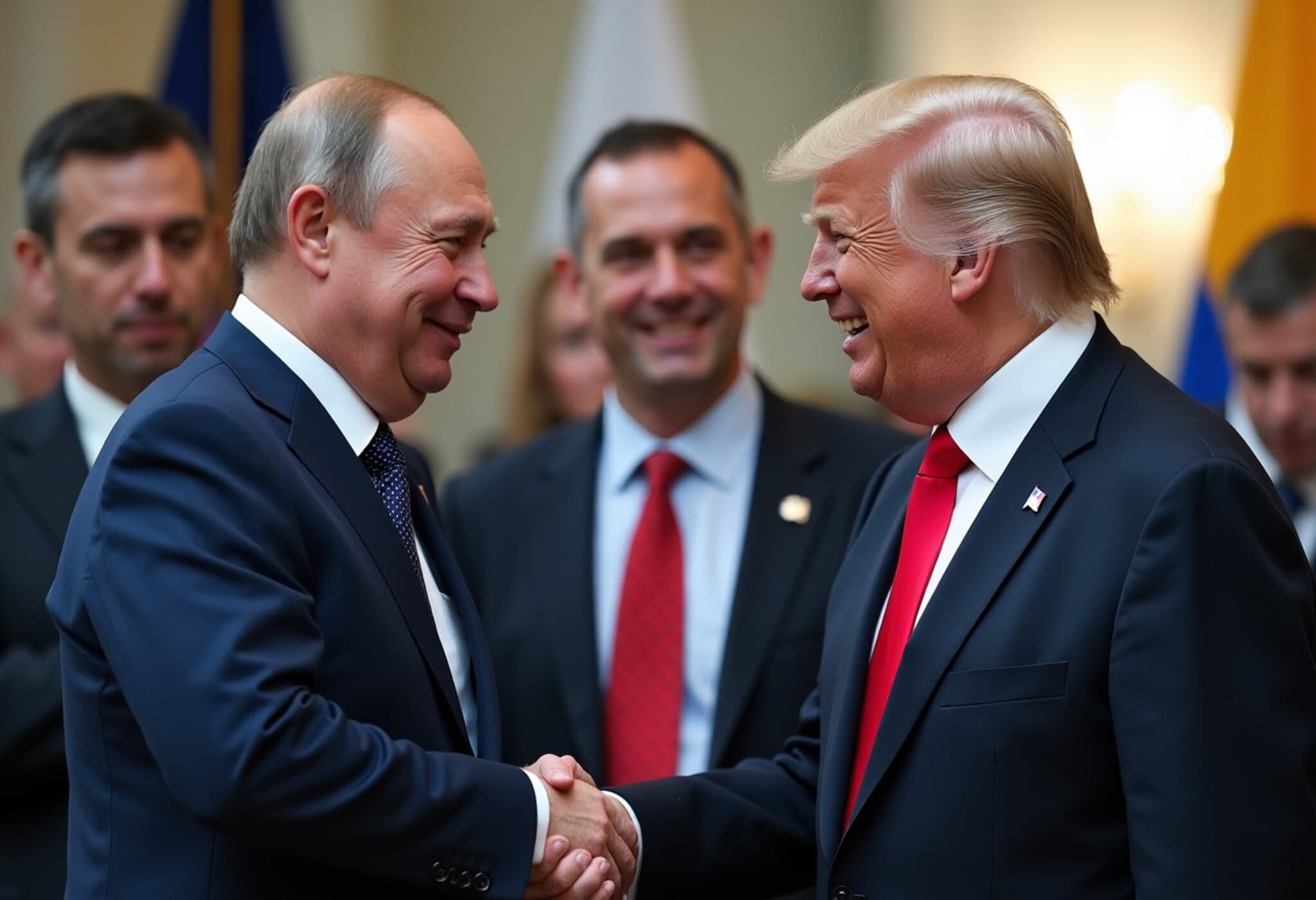Ukraine’s Zelensky Voices Concerns Ahead of Putin-Trump Alaska Summit
Kyiv, Ukraine — As Russian President Vladimir Putin prepares to break years of diplomatic isolation with his upcoming meeting with former U.S. President Donald Trump in Alaska, Ukraine’s sidelined leader, Volodymyr Zelensky, has raised serious alarms about Moscow’s intentions. Zelensky warned that Putin seeks to "lead America down the garden path," aiming to exploit divisions among Ukraine’s allies in Washington and Europe.
The Stakes Behind the Alaska Meeting
The meeting, slated for August 15, 2025, is seen by many as a pivotal moment in the prolonged and bloody conflict in Ukraine—the deadliest war in Europe since World War II. While Trump characterizes the dialogue as a “feel-out” to gauge Putin’s readiness for peace, Zelensky and his European partners view it as potentially fraught with risks, especially given Russia’s maximalist demands, including territorial concessions that Ukraine unequivocally rejects.
In his nightly address, Zelensky urged vigilance: “We understand Russia’s intention to try to deceive America — we will not allow this.” His message was clear: Ukraine stands ready for an unconditional ceasefire and refuses to be portrayed as the obstacle to peace.
Diplomatic Exclusion and Tensions with Trump
The upcoming talks notably exclude Ukraine’s direct participation, which has fueled dissatisfaction in Kyiv and Western capitals. Despite concerted efforts, Zelensky remains sidelined, while Trump has openly expressed frustration with the Ukrainian president. During a recent press conference, Trump questioned Zelensky’s resolve by contrasting Ukraine’s war authorization with its constitutional processes for territorial concessions, implying skepticism over Ukraine’s negotiating flexibility.
Trump’s fluctuating stance—oscillating between blaming Ukraine for the conflict and criticizing Putin—adds to the complicated diplomatic landscape. His indication that territorial swaps could precede any ceasefire has been firmly rejected by Zelensky, who insists that Ukraine will never concede land currently unoccupied by Russian forces.
European Leaders Rallying to Coordinate Response
In anticipation of the Alaska summit, European leaders have convened to strategize. German Chancellor Friedrich Merz announced a virtual summit involving key stakeholders—including Zelensky, Trump, U.S. Vice President J.D. Vance, and EU Commission President Ursula von der Leyen—to ensure a unified approach. The aim is to stress the necessity of a complete ceasefire before any substantive peace negotiations, countering Russia’s ongoing offensive actions.
NATO Secretary-General Mark Rutte acknowledged the gravity of the upcoming talks, emphasizing that “On Friday, it is important to see how serious Putin is, and the only one who can do that is President Trump.”
Russia’s Diplomatic Strategy: Divide and Conquer
Washington-based think tank Institute for the Study of War highlights Moscow’s long-term tactic of driving wedges between Eastern Europe, the U.S., and its European allies to weaken support for Ukraine. Russia’s core demands—to prevent Ukraine’s NATO accession, install a friendly government in Kyiv, and demilitarize the nation—constitute a blueprint for Ukraine’s total capitulation.
Analysts caution that even if Alaska talks yield a ceasefire, Russia is notorious for violating accord terms and weaponizing diplomatic commitments to blame Ukraine for failures. Such patterns underscore the precariousness of any negotiated peace absent robust enforcement and allied cohesion.
Challenges to Trilateral Dialogue
U.S. Vice President J.D. Vance revealed attempts to organize a trilateral meeting involving Trump, Putin, and Zelensky have faltered primarily because Putin refuses direct talks with the Ukrainian president. This stalemate underlines the difficulty of brokering peace when one party flatly rejects face-to-face negotiations.
Recent Escalations Underscore Fragile Peace Prospects
Highlighting ongoing hostility, Zelensky pointed to a recent Russian strike on a Zaporizhzhia bus depot, injuring over 20 people, as evidence Moscow is not genuinely pursuing peace. He emphasized that “The only thing they are looking for is a way to kill Ukraine.”
In a conflict marked by human tragedy and complex geopolitics, the Alaska summit emerges as a critical litmus test—not just for Putin and Trump but for the resilience and unity of the West in supporting Ukraine’s sovereignty and security.
Editor’s Note
This unfolding diplomatic moment raises pressing questions: Can the West maintain cohesion amid divergent approaches to peace? How might sidelining Ukraine’s leadership affect the legitimacy of potential agreements? And what mechanisms can prevent Russia from exploiting diplomatic parleys to further its strategic aims? As negotiations proceed, the international community faces the dual challenge of seeking cessation of hostilities while safeguarding Ukraine’s territorial integrity and democratic future.

